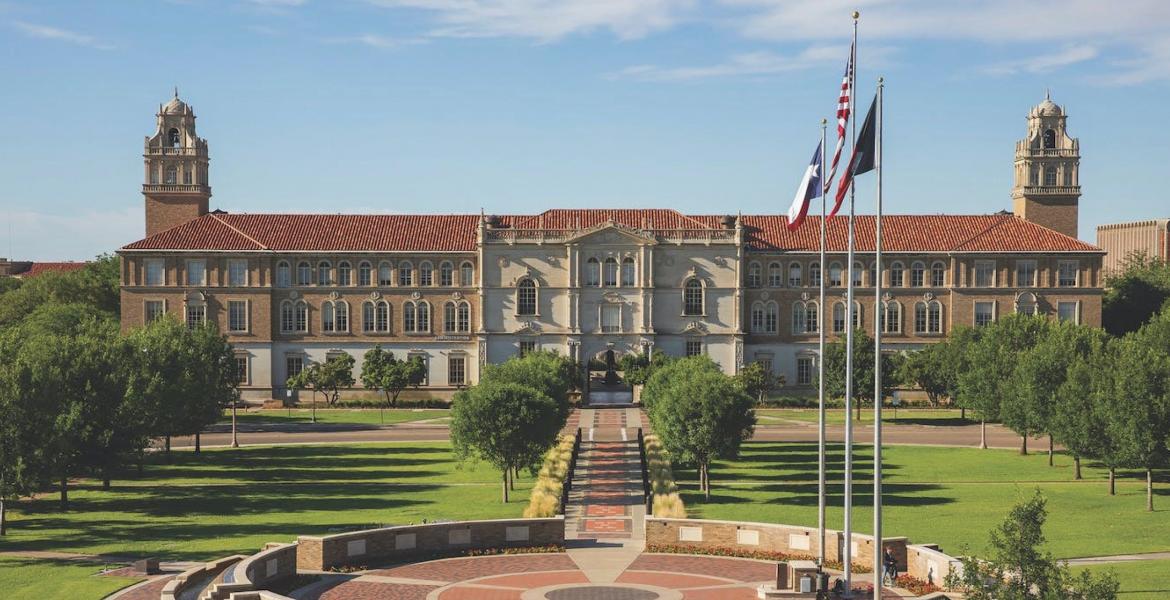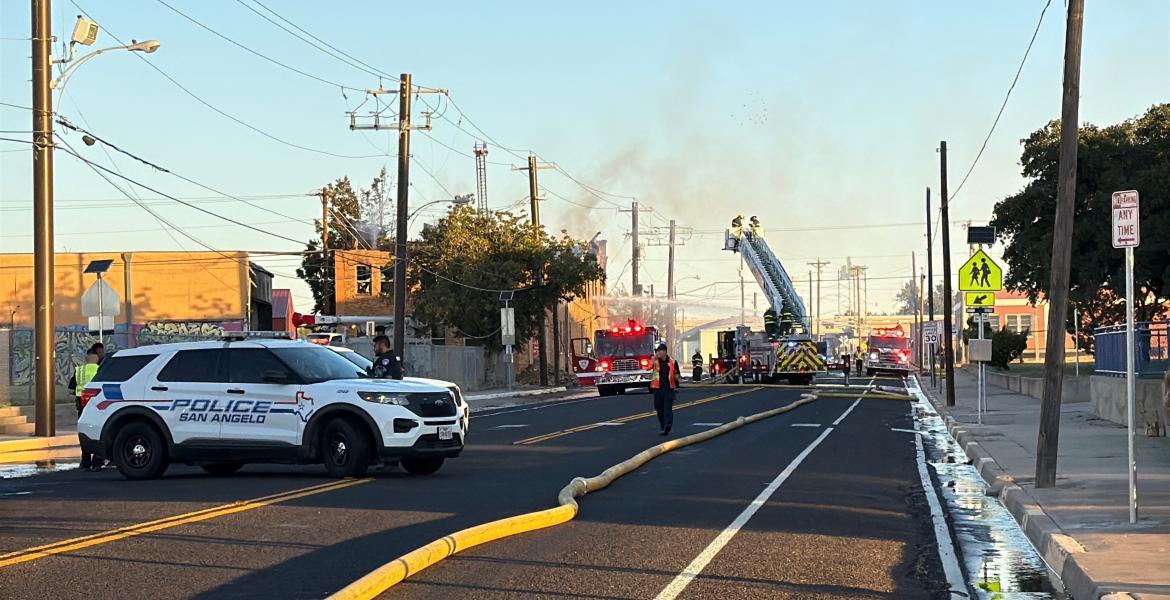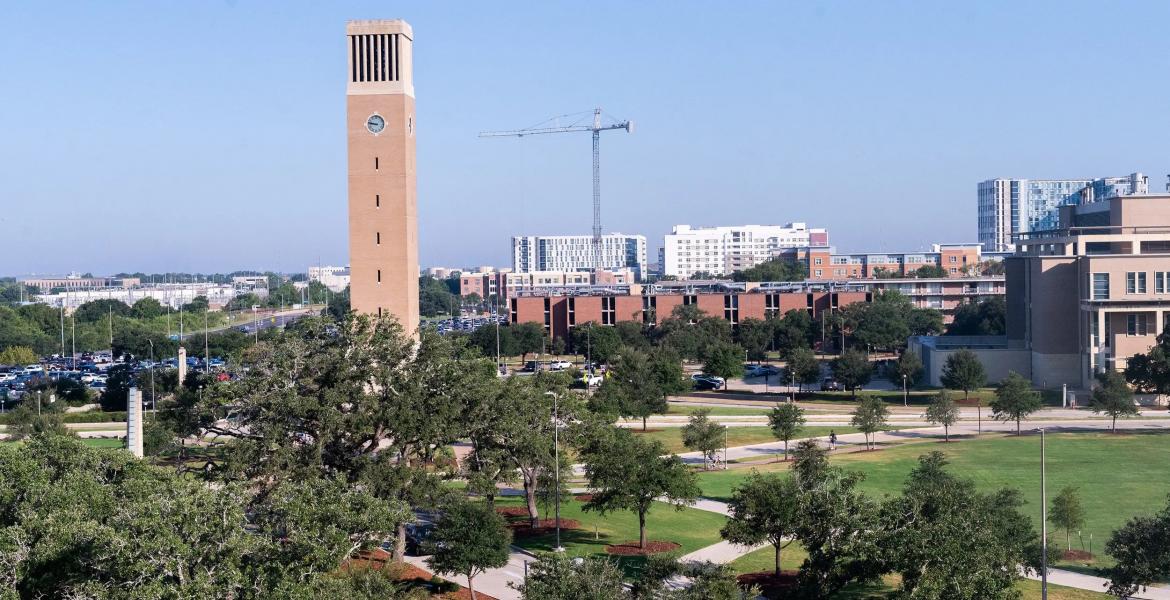Today in history, an iconic movie scene was created, Truman sends forces to Korea and a highway is decertified.
1939: “Frankly, My Dear…”
On this day, June 27, 1939, the iconic movie Gone with the Wind filmed one of the most famous scenes in movie history. The scene includes Rhett Butler leaving Scarlett O’Hara with his famous line, “Frankly, my dear, I don’t give a damn.”
[[{"fid":"22138","view_mode":"default","type":"media","attributes":{"alt":"frankly my dear i don't give a damn","height":"562","width":"750","class":"media-element file-default"}}]]
What most people don’t know is that there was an alternate scene that included, “Frankly, my dear, I just don’t care.” This scene was filmed in case the film censor objected the word “damn.” After review, the film censor approved of the line, but the producer, David O. Selznick, was fined $5,000 for including a curse word.
1950: Truman orders U.S. forces to Korea
On June 27, 1950, President Harry S. Truman sent U.S. forces to South Korea. He ordered U.S. air and naval forces to aid the democratic nation in repulsing an invasion by communist North Korea.
During the operation, U.S. forces spear headed the actions of major military forces to enforce the United Nations resolution calling for an end to hostilities, and also to halt the spread of communism in Asia.
History.com said, “In addition to ordering U.S. forces to Korea, Truman also deployed the U.S. 7th Fleet to Formosa (Taiwan) to guard against invasion by communist China, and ordered an acceleration of military aid to French forces fighting communist guerrillas in Vietnam.”
1985: Route 66 decertified
Route 66 measured about 2,200 miles, stretching from Chicago, Illinois to Santa Monica, California. After 59 years of use, on June 27, 1985, the American Association of State Highway and Transportation Officials decertified the road and removed all of its highway signs.
In 1926, the highway earned its official title of Route 66. The highway ran a diagonal route that went through eight states and linked hundreds of mostly rural communities to cities along the route.
Beginning in the 1950s, older roads and highways became obsolete for new modern massive interstate highways. By 1970, four-lane highways had begun to bypass almost all sections of Route 66. History.com says, “According to the National Historic Route 66 Federation, drivers can still use 85 percent of the road, and Route 66 has become a destination for tourists from all over the world.”
Subscribe to the LIVE! Daily
Required






Post a comment to this article here: